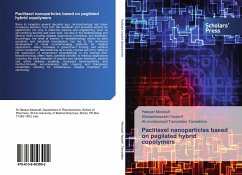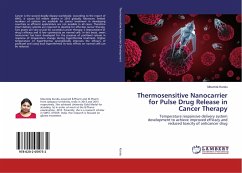Since its inception several decades ago, nanotechnology has drawn increasing attention from both the academic and industrial sectors for applications not only in materials science and engineering, such as light-emitting devices and solar cells, but also in the biotechnology and medical fields including disease diagnostics, prevention, and treatment. Accordingly, the level of interest in nanotechnology shown by both academic and industrial investigators has led to the increased development of novel nanotechnology platforms for medical applications, sharp increases in government funding, and venture capital investment. Nanomedicine as a newly created sub term, refers to the application of engineered nanomaterials to the medical field. Nanotechnology offers many potential benefits to medical applications including the early detection of cancers and cancer treatment, passive and active disease targeting, increased biocompatibility, and multifunctionality encompassing both imaging andtherapeutic capabilities, allowing for simultaneous disease treatment and monitoring.
Bitte wählen Sie Ihr Anliegen aus.
Rechnungen
Retourenschein anfordern
Bestellstatus
Storno








